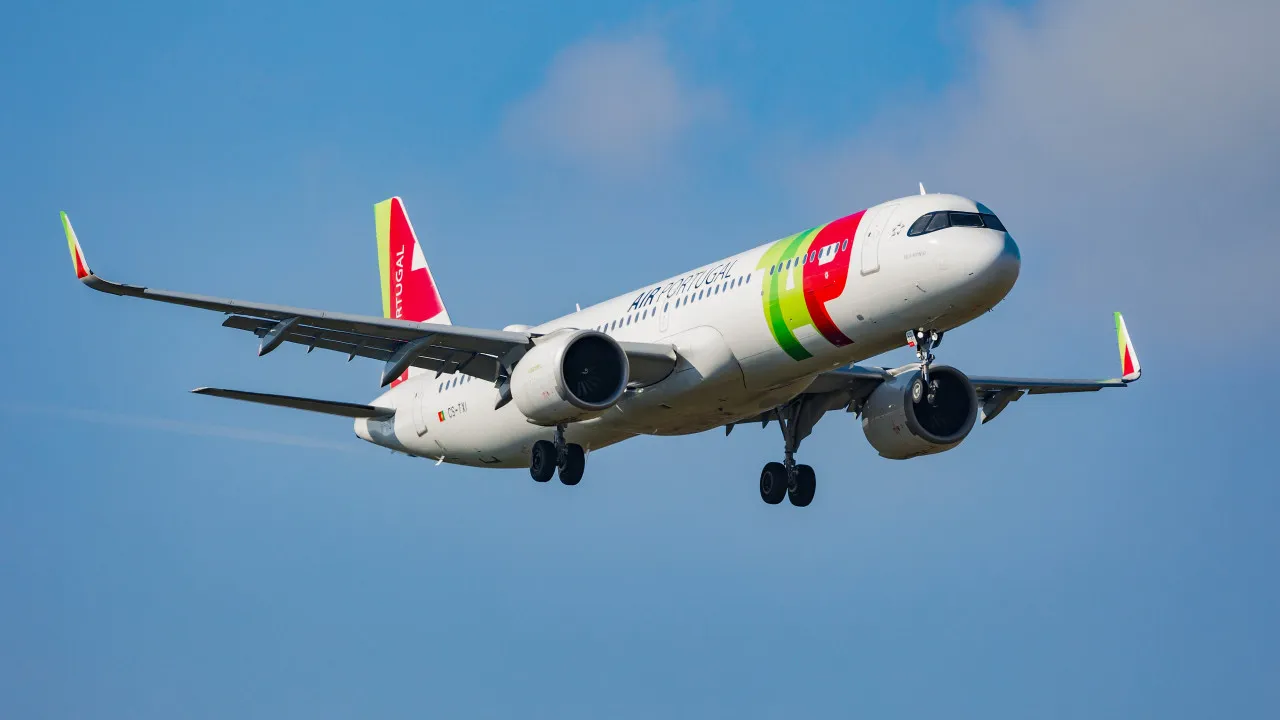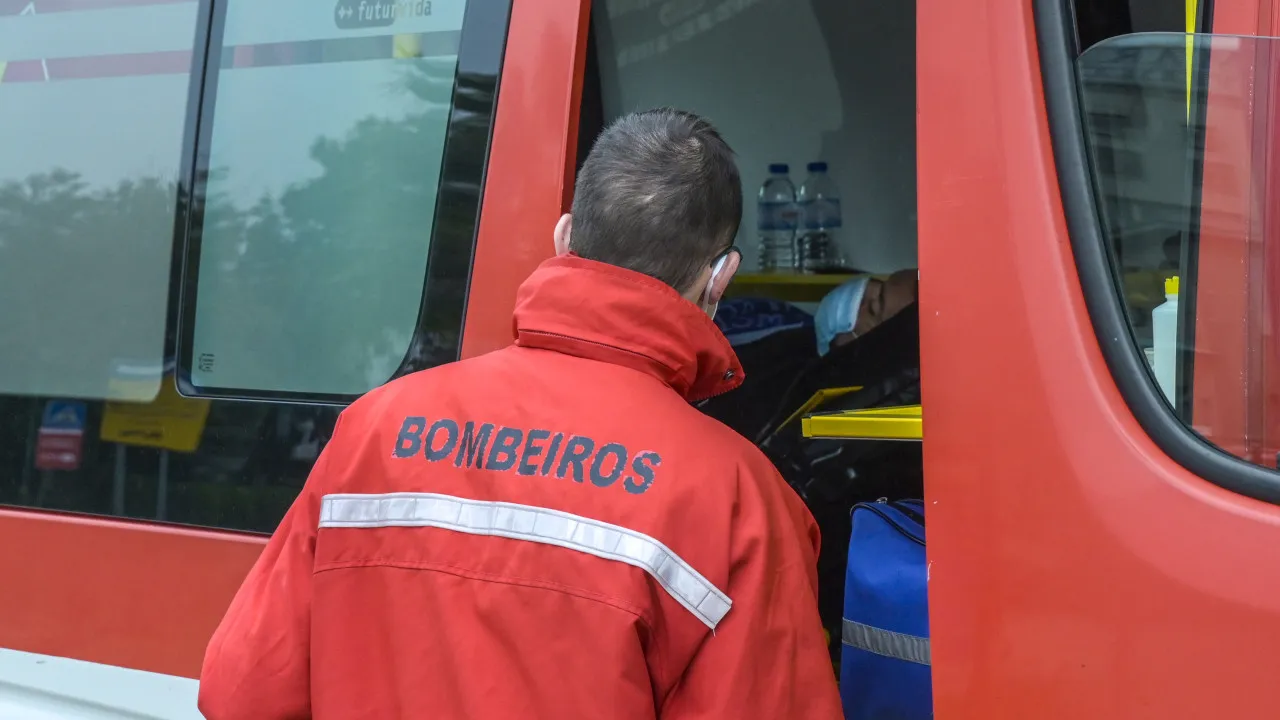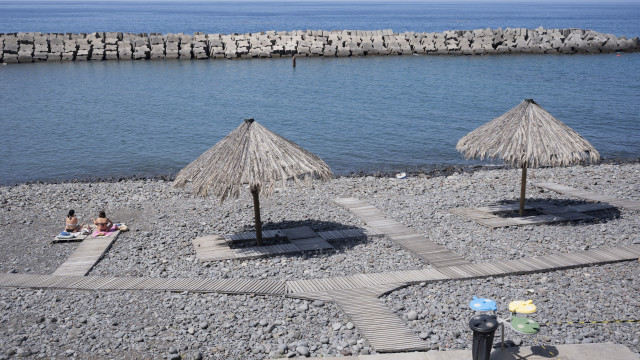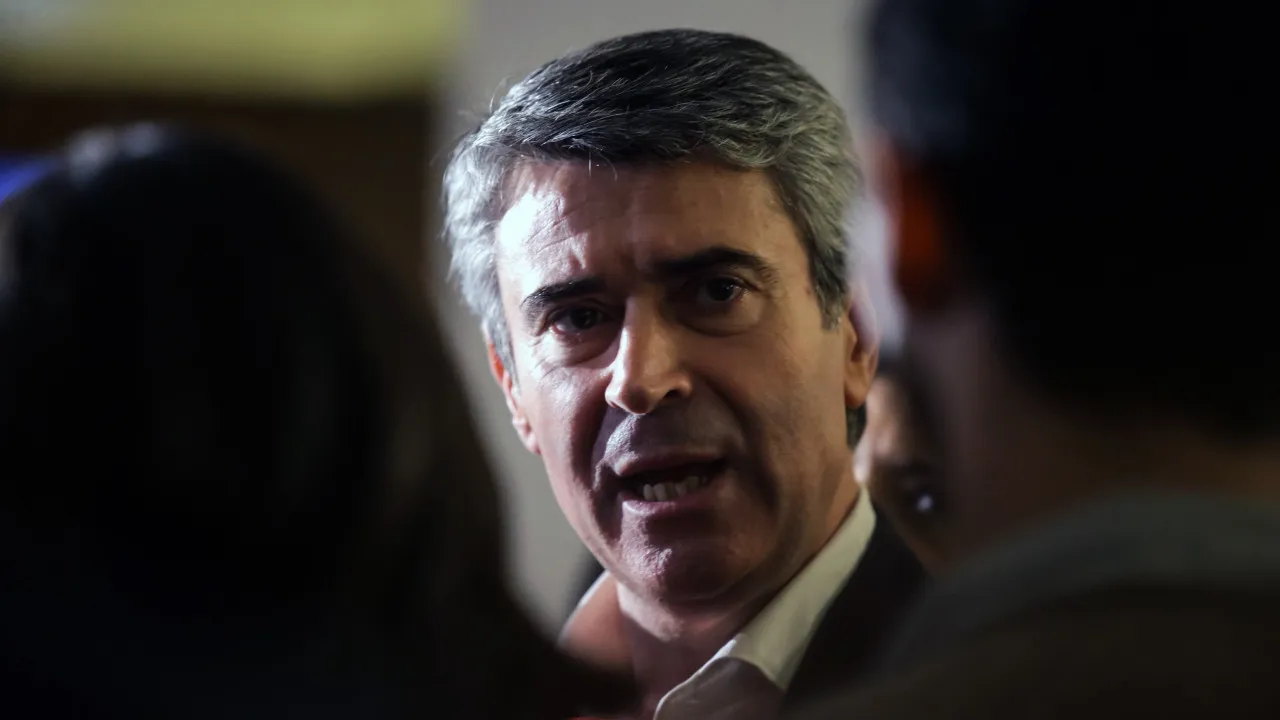
The history of the Portuguese airline is marked by cycles of expansion, crisis, and public intervention. Founded in 1945, TAP began operations on September 19, 1946, with a flight between Lisbon and Madrid. After the revolution of April 25, the company was nationalized in 1975, becoming fully controlled by the State.
The idea of privatization first emerged in 1991 during the government of Cavaco Silva, but only materialized decades later after successive restructuring plans and failed sale attempts. Swissair’s entry in 1998 was agreed but never materialized.
The 2009 financial crisis, pressure from the ‘troika’ in 2011, and accumulated difficulties led to another attempt in 2012, stalled by the lack of guarantees from businessman Germán Efromovich.
In 2015, TAP was finally privatized with the entry of the Atlantic Gateway consortium, led by David Neeleman and Humberto Pedrosa, acquiring 61% of the capital.
With the arrival of António Costa’s government, the model was revised, and the State regained majority control. During the 2020 pandemic, the State renationalized TAP, buying David Neeleman’s stake and reinforcing financial support for the company, which was then subject to strict Brussels regulations.
Since then, the company has continued to restructure and face controversies, including the substantial compensation to former executive Alexandra Reis and the removal of CEO Christine Ourmières-Widener in 2023, following a report from the General Inspectorate of Finance (IGF).
The sale process, now relaunched, foresees a divestment of up to 49.9% of the capital, with potential interested parties like Lufthansa, IAG, and Air France-KLM closely monitoring developments. The operation launches in a sensitive political context, following early legislative elections and with TAP still under the European Commission’s scrutiny.
A timeline follows, from the foundation to the relaunch of the sale, through some key moments that have brought the airline to the current moment:
1945
TAP (Transportes Aéreos Portugueses) was created on March 14, 1945, and began its commercial flights on September 19, 1946, with the first route between Lisbon and Madrid using a DC 3.
1975
After the revolution of April 25, 1974, TAP became fully state-owned. In 1975, the State took control of the company as part of a broader nationalization process in that political period.
1991
Cavaco Silva’s government (PSD) first expressed the intention to partially privatize TAP, keeping at least 51% of the capital under the State. The company transformed into a public limited company, paving the way for private entry.
1994
The European Commission approved TAP’s Strategic and Economic-Financial Sanitation Plan (PESEF), marking the beginning of a deep restructuring, essential for recovering viability before any privatization.
1998
The Swiss airline Swissair was selected to acquire 34% of TAP. The agreement, however, was never concluded due to financial difficulties of the partner and political obstacles.
2000
Fernando Pinto, with experience in Varig, was hired to lead TAP and carry out the privatization, but the deal with Swissair did not advance. His management marked an important phase of internal restructuring.
2006-2007
TAP acquired Portugália and former VEM, increasing its operational and maintenance capacity, preparing for competition in the market.
2009
The global financial crisis led TAP to register significant losses – almost 290 million euros – pressuring the State to move forward with privatization.
2011
Within the framework of the financial assistance program with the ‘troika’, TAP was listed among the assets to be privatized. The measure aimed to reduce public expenditure and attract foreign investment.
2012
Passos Coelho’s government launched the privatization process, with Germán Efromovich as the sole candidate. However, the proposal was rejected that same year due to a lack of guarantees.
2015
The Atlantic Gateway consortium, led by David Neeleman and Humberto Pedrosa, acquired 61% of TAP, with the State holding 34% and employees 5%.
2016
Three months after privatization, António Costa’s new government decided to change the model, reducing private participation to 50%, and formalized the new agreement which was only implemented in 2017.
2020
With TAP heavily affected by the pandemic, the State bought David Neeleman’s stake for 55 million euros, holding 72.5% of the company. Humberto Pedrosa remained as a minority shareholder.
2021
Lufthansa expressed preliminary interest in acquiring 19.9% of TAP Air Portugal, as part of the airline’s privatization plan, but the deal did not advance.
2022
In January 2022, the closure of TAP Maintenance and Engineering in Brazil (formerly VEM) was announced, after significant operational losses had accumulated.
In February of the same year, the European Commission demanded cost cuts as a condition for approving TAP’s restructuring plan, reinforcing Lisbon as a hub – a flight distribution platform – and requiring semi-annual reports until 2025.
In July, it was revealed that Humberto Pedrosa was no longer a shareholder. The State prepared to convert 224 million euros of accessory payments into capital, further diluting the position of small shareholders and employees.
On December 24, 2022, the newspaper Correio da Manhã reported that Secretary of State Alexandra Reis received a compensation of 500 thousand euros, resulting from a controversial exit from the company’s Executive Committee in February, allegedly indicated as incompatible by the management itself.
2023
On March 6, 2023, after a report from the General Inspectorate of Finance (IGF), Fernando Medina and João Galamba announced the dismissal of CEO Christine Ourmières-Widener and the president of the Board of Directors Manuel Beja for just cause.
In the same year, Luís Rodrigues was appointed as the new CEO, having started his duties on April 14, and a Parliamentary Inquiry Commission (CPI) was initiated into TAP’s management.
In October, the President of the Republic vetoed the decree-law drafted by António Costa’s government to begin TAP’s privatization. Marcelo Rebelo de Sousa decided to return the diploma, approved in the Council of Ministers on September 28 of that year, considering it “raised multiple doubts and hesitations in light of the desired maximum transparency of the process.”
2024
The Portuguese government is again preparing the sale of TAP to the private sector. Groups such as Lufthansa, Air France-KLM, and IAG express interest. However, following the fall of António Costa’s government, (PS) the process remains on hold.
2025
Luís Montenegro’s government resumes the privatization process, which is paused again with early legislative elections held in May of this year.
The first step for the sale was taken today, with the approval of the decree-law that establishes the opening of 49.9% of the social capital to private entities, with 5% reserved for employees.
The decree-law will also have to pass by the President of the Republic.
The Prime Minister assured that the process can be stopped without the right to compensation for the interested parties, should the government find that the proposals do not safeguard the strategic interest of the country.
Maintaining the ‘hub’ and strategic routes by the potential buyer has also been highlighted as essential guarantees to complete the airline’s sale.




